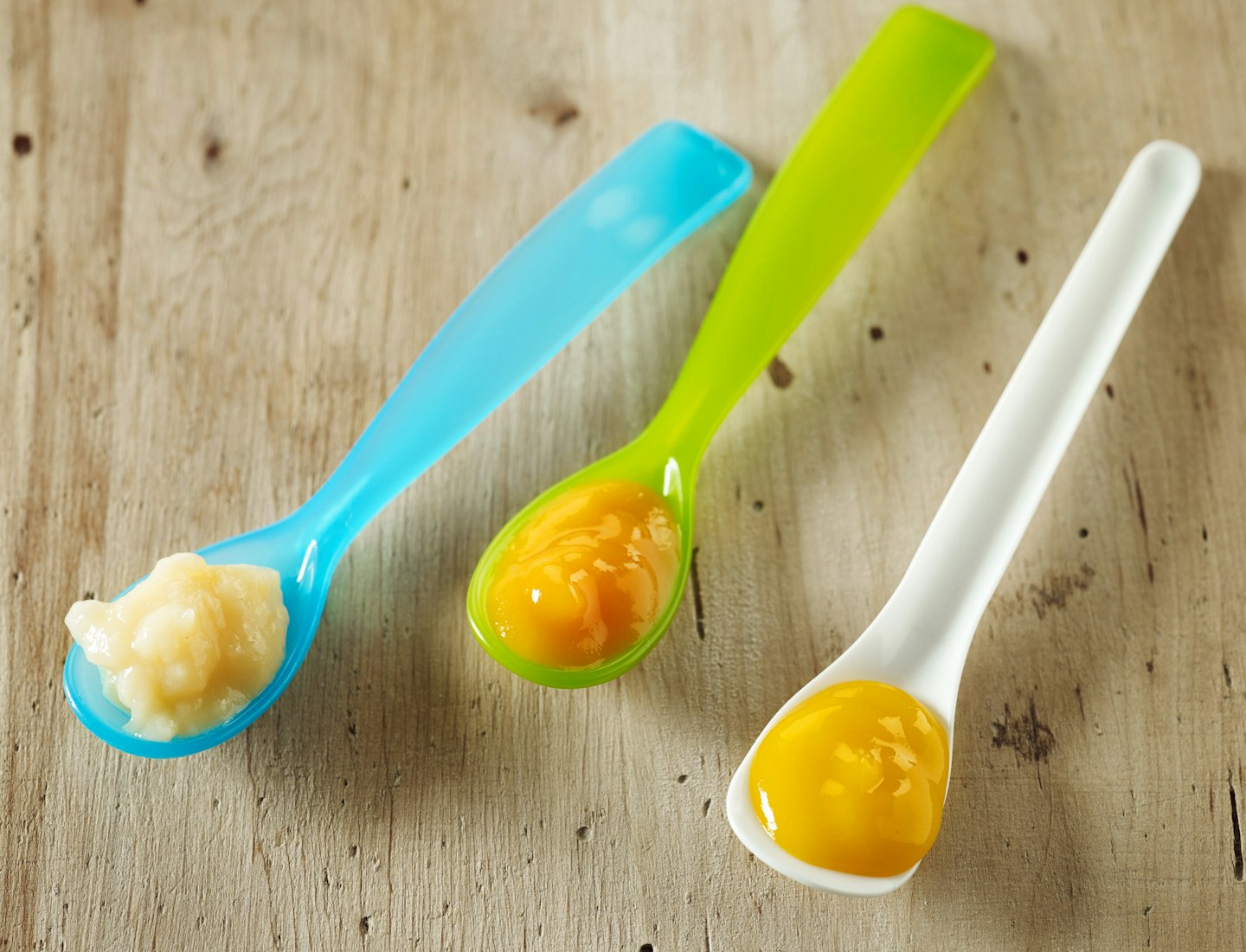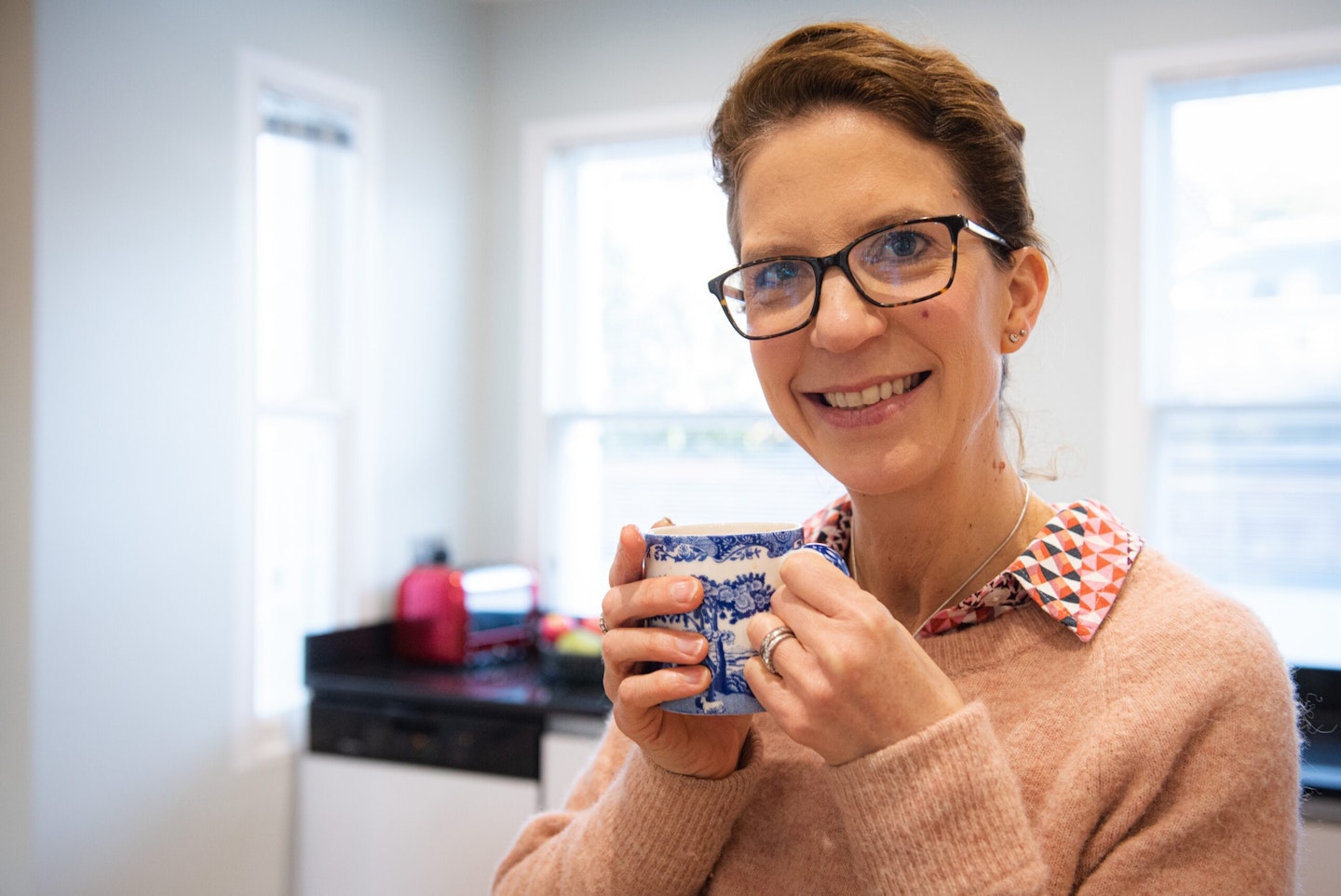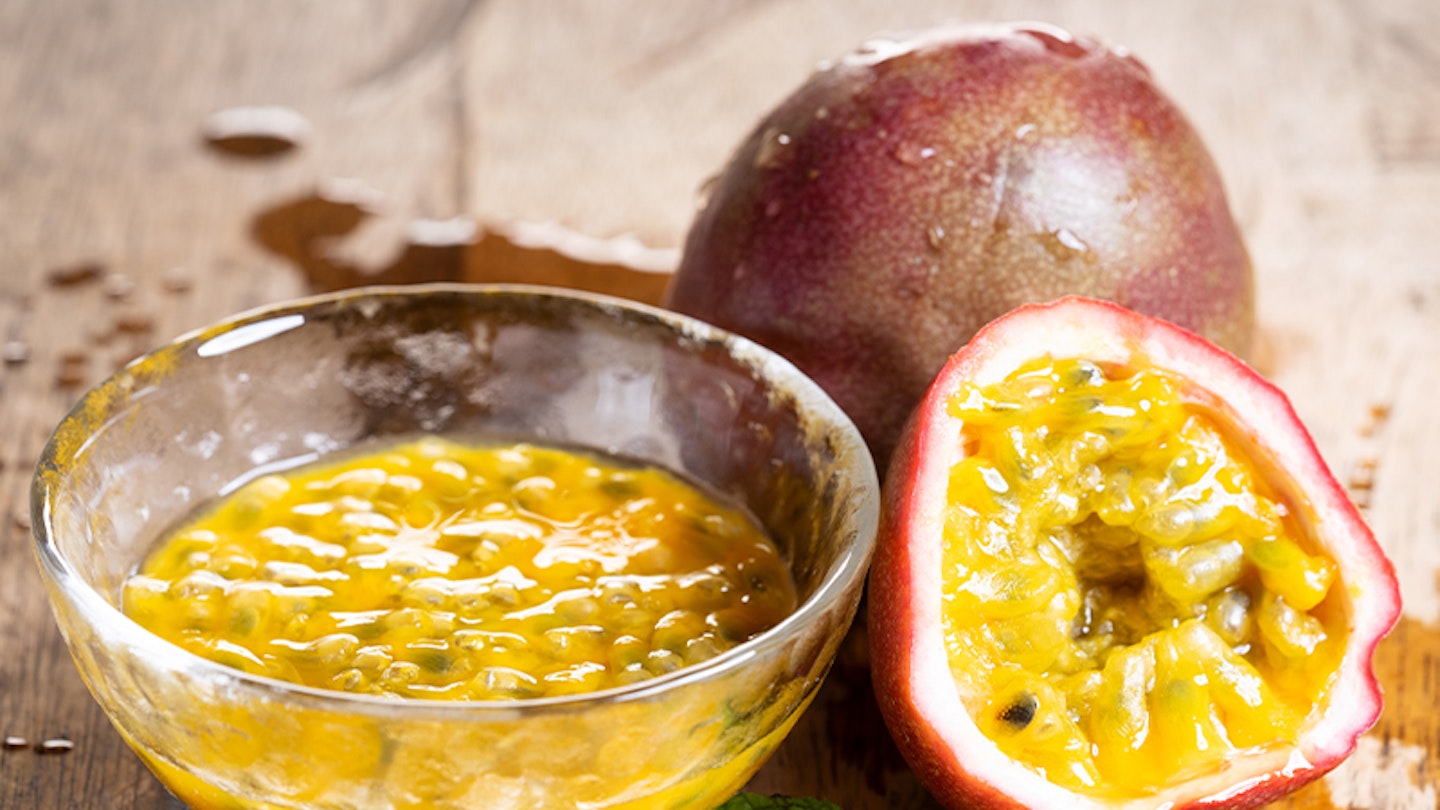You’re probably wondering, “what is a passion fruit puree?”, well, a passion fruit puree is just the juicy and delicious bits from the passion fruit itself, with the seeds removed.
And now, you might be questioning its benefits for weaning babies? You’ll be glad to know that a passion fruit puree, contains a good amount of fibre, combined with vitamins A, C, and is rich in antioxidants.
It is perfectly normal for your little one to turn away from new foods as they wean, especially if they have a sour or zing taste to it, and according to the NHS: “Introducing your baby to solid foods, also referred to as weaning or complementary feeding, starts when your baby is around 6 months old. Your baby should be introduced to a varied diet, alongside their usual breast milk or first infant formula."
What is weaning?
Weaning is changing a baby’s diet from breast milk or formula to food. To be honest, thinking about the best time to wean your infant, is completely up to you, and in most cases, is a personal choice - often swayed by having to return back to work, health or maybe the timing is just right.

How to make a passion fruit puree?
-
Place the fruit in a bowl.
-
Using a sharp knife, cut it into two.
-
The juices from the fruit will gather in the bowl.
-
Once you cut open the fruit, using a spoon remove the orange-colored pulp from it.
-
The pulp contains tiny juice sacs. Each sac has a black seed at the center. Remove the seeds.
-
You now have the fruit juice and pulp.
-
Blend these two in a blender to make the puree.
This puree is pure and contains no additives or extra sugars so can be used to make fruit drinks, smoothies, cocktails (for us grown ups), desserts, fruit jelly, ice creams and sorbets.
According to children's dietitian, Paula Hallam: "The pulp of the unripe passion fruit, plus the leaves, peel, and skin of both the unripe and ripe fruit can be toxic. Ripe passion fruit is fragrant and has wrinkled skin. Always only offer ripe passion fruit to your baby and scoop out the gelatinous pulp from the halved fruit - please don’t serve the whole passion fruit with the skin and pith as they are both toxic. Passion fruit pulp is a great source of vitamins A and C, which both support a healthy immune system and help the body to absorb plant-based sources of iron. It’s also rich in beneficial plant compounds such as carotenoids and polyphenols which act as antioxidants in the body protecting cells from damage. You can serve the pulp from the ripe passion fruit to your baby by scooping it out of the halved fruit and mixing it into a warm cereal or a plain, full fat yoghurt for example. It would be ideal if the cereal was iron fortified as iron is a crucial nutrient for babies and the vitamin C in passion fruit will help improve iron absorption. You can remove the seeds from the pulp if you want to or leave themmixed in to the pulp, as they are not considered to be a choking hazard as they are very small and gelatinous." says Paula.
Remember, all babies are different, and there are key three signs that you’ll notice in your baby, from the age of 6 months old, that shows your baby is ready for solid foods.
-
Stay in a sitting place, holding their head upright
-
Co-ordinating their hands, eyes, and mouth so they can steadily focus on their food, pick it up and place into their mouth
-
Swallow pieces of food, and not bring it back out.
Meet the expert

Paula Hallam, is a mum to 2 girls, Paediatric Dietitian and the founder of Plant Based Kids. She is passionate about empowering families to “eat more plants” through my Plant Based Kids platform, and has been a children’s dietitian for 25 years. She graduated in 1998 from the University of Cape Town, gaining a wide range of experience, which involved working in many different settings and NHS hospitals, such as the world famous Great Ormond Street Hospital and Evelina Children’s Hospital, London. she has also provided consultations to charities, providing expert advice to baby food companies and working as part of the Allergy Research Team at King's College London. Paula has also completed a Post Graduate Certificate in Advanced Paediatric Dietetics from the University of Plymouth and in 2021 I undertook the
additional training 'Plant-Based Nutrition: A Sustainable Diet for Optimal Health' at the University of Winchester. She recently published her first book entitled 'Plant Powered Little People - a practical guide to plant-based nutrition for under fives.
Mummy to a little girl, Adejumoke Ilori is Commercial Content Writer for Mother&Baby. With a BA hon in Creative Writing, she has worked for digital platforms, where she has empowered women from the inside and out, by sharing real life stories based on relationships, loving yourself and mummyhood.
